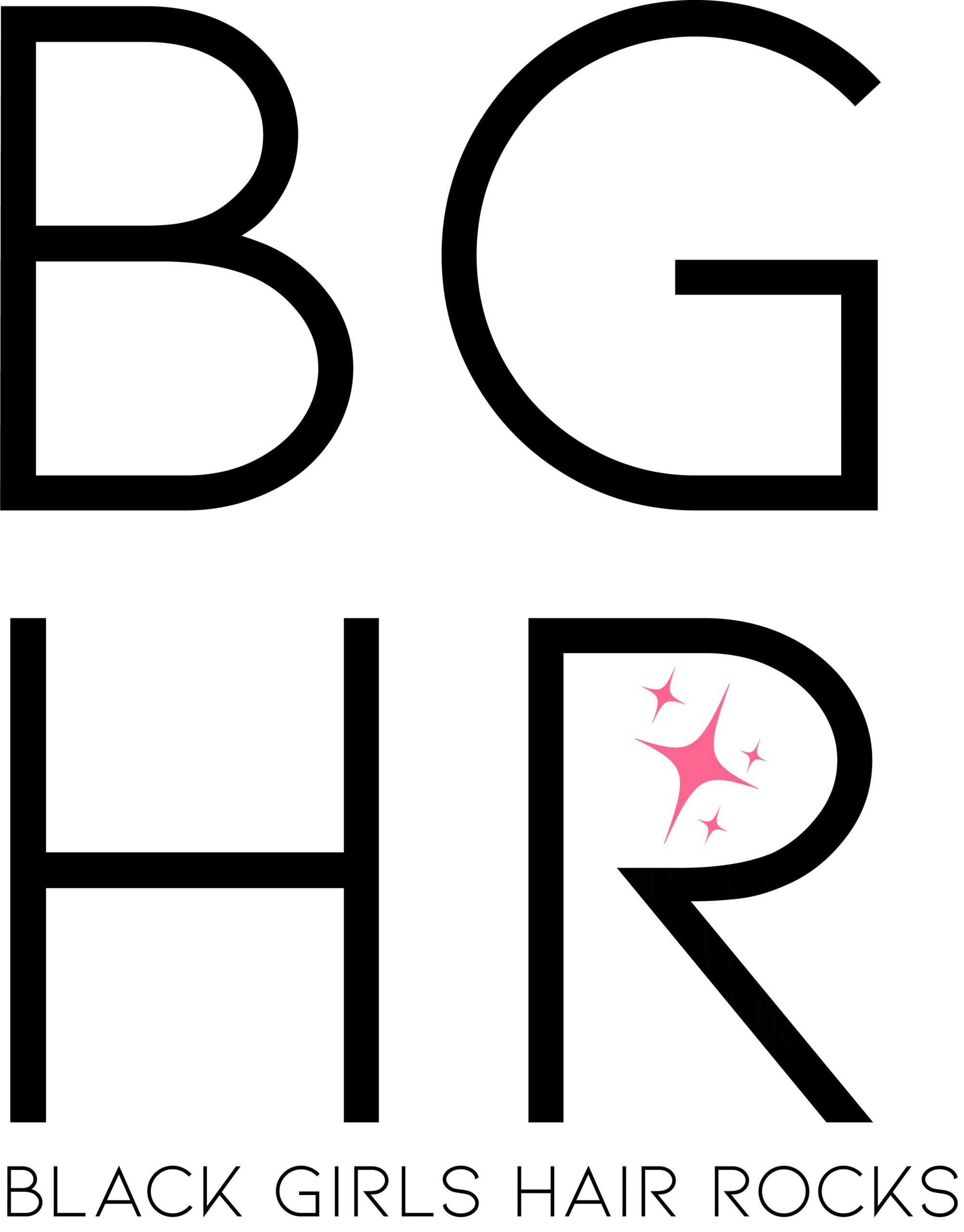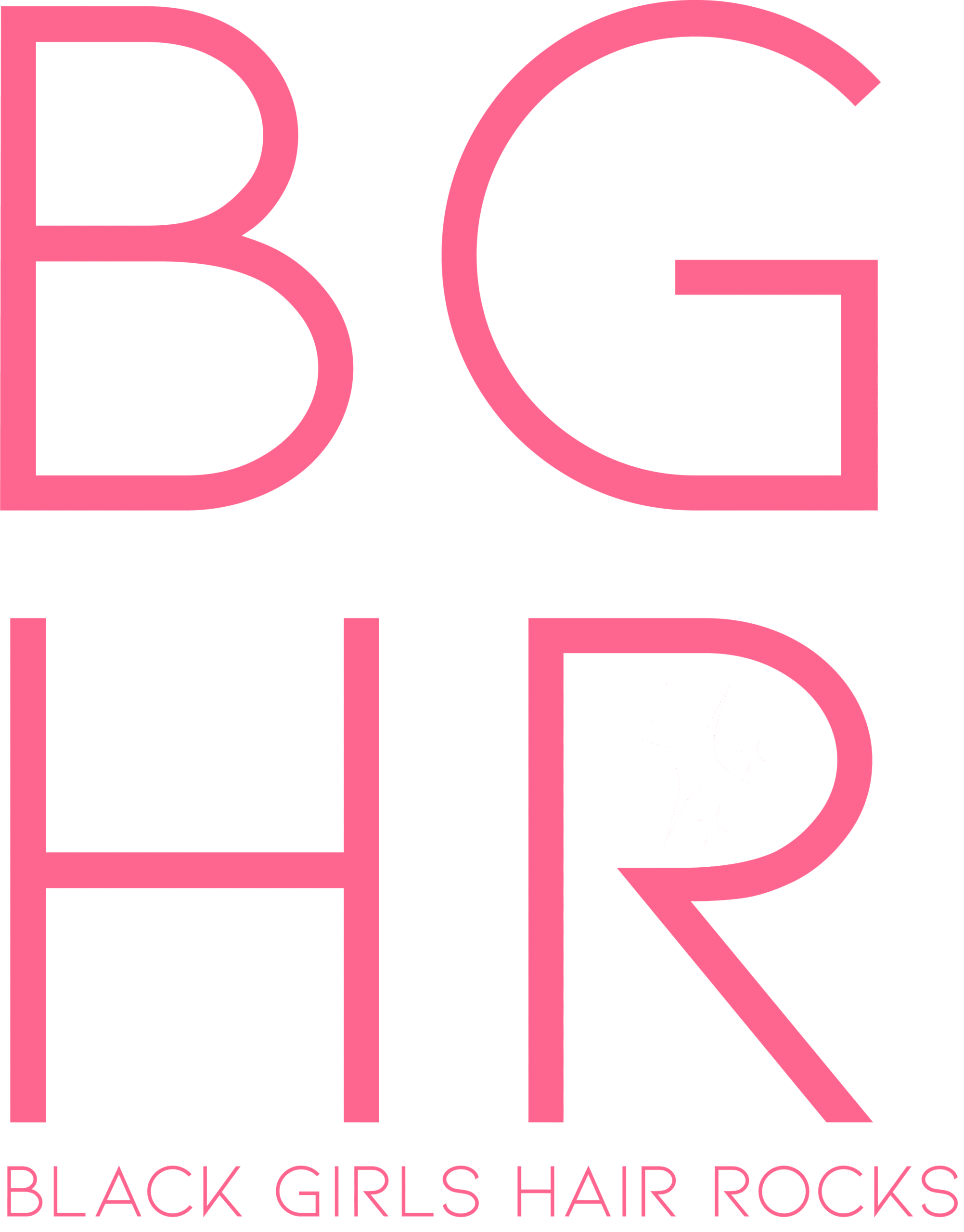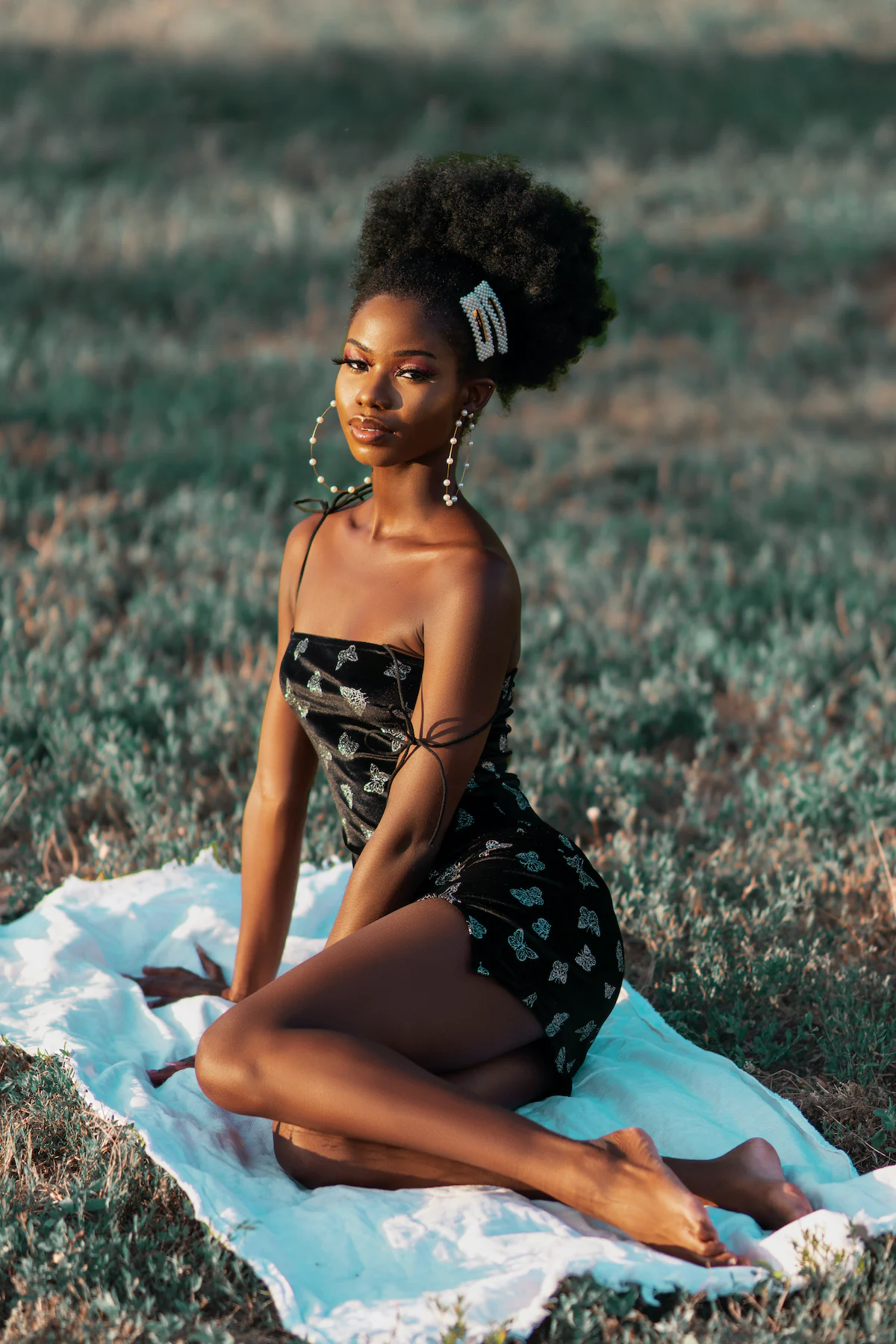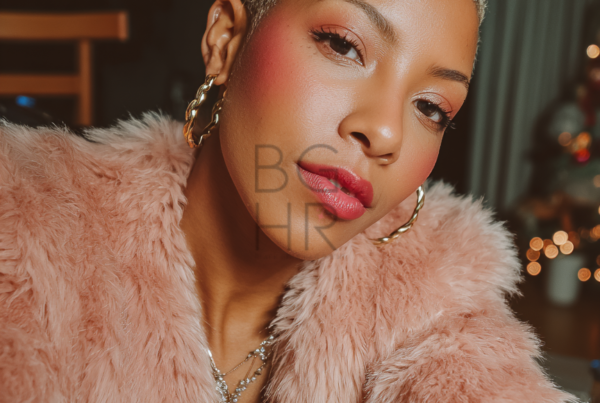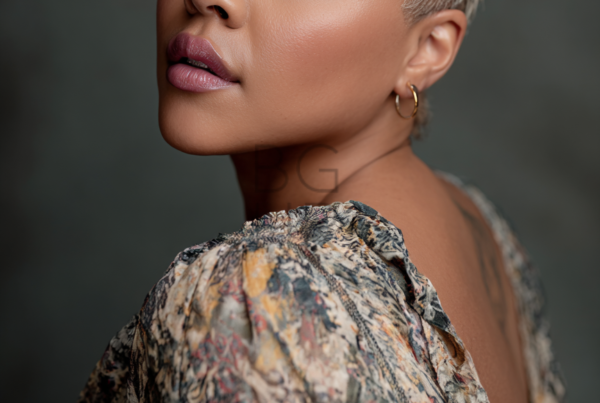The Natural Hair Movement is a powerful and transformative cultural shift that has taken the world by storm. Rooted in the celebration of black hair’s natural textures and styles, this movement has empowered individuals to embrace their authentic selves, challenge beauty standards, and promote inclusivity. This article delves into the origins, key milestones, and the impact of the Natural Hair Movement, highlighting its significance in fostering self-love and unity.
Origins and Historical Context:
The Natural Hair Movement finds its roots in the civil rights era of the 1960s when black individuals began rejecting Eurocentric beauty norms and advocating for self-acceptance. During this period, the Black Power Movement encouraged a sense of cultural pride and encouraged black men and women to embrace their natural hair as a political and social statement against oppression and assimilation.
The Emergence of the Modern Natural Hair Movement:
In the late 1990s and early 2000s, the Natural Hair Movement experienced a resurgence as black men and women sought to reconnect with their heritage and challenge the longstanding stigma surrounding natural hair. Social media platforms, such as YouTube and Facebook, provided a stage for influencers and bloggers to share their hair journeys, tips, and personal stories, sparking a global wave of acceptance and inspiration.
The Power of Representation:
A pivotal moment for the Natural Hair Movement came with the rise of representation in mainstream media and entertainment. Black celebrities, models, and actresses began wearing their natural hair on red carpets and magazine covers, inspiring countless individuals to do the same. This visibility shattered conventional beauty standards and ushered in a new era of embracing natural beauty.
Challenging Harmful Hair Practices:
For decades, black hair had been subjected to damaging hair treatments, such as chemical relaxers, straightening, and weaves, in an attempt to conform to Eurocentric ideals. The Natural Hair Movement sought to break free from these practices, promoting healthier alternatives and nurturing hair care regimens.
Empowerment and Self-Expression:
The Natural Hair Movement encouraged black men and women to embrace their hair in its natural state, fostering a sense of empowerment and pride. By rejecting societal pressures to conform, individuals found freedom in expressing their true selves, leading to improved self-confidence and a stronger sense of identity.
Economic Impact and Industry Growth:
As the Natural Hair Movement gained momentum, the demand for products catering to black hair’s unique needs skyrocketed. The beauty industry responded with an influx of natural hair care products, including shampoos, conditioners, oils, and stylers, tailored to cater to diverse hair textures.
Inclusivity and Unity:
The Natural Hair Movement transcended borders and brought people from various backgrounds together. It encouraged cross-cultural understanding and appreciation, fostering a sense of unity among black individuals worldwide. The movement also inspired allies to advocate for inclusivity and diversity in beauty and fashion.
Challenges and Pushing Forward:
While the Natural Hair Movement has achieved significant milestones, challenges persist. Cultural appropriation and discrimination against natural hair continue in various parts of the world. The movement calls for ongoing education and advocacy to challenge these biases and create lasting change.
Conclusion:
The Natural Hair Movement stands as a symbol of resilience, pride, and empowerment. From its historical roots in the civil rights era to its modern-day influence on representation and self-expression, this movement has reshaped beauty norms and fostered inclusivity. By embracing and celebrating natural hair textures, the Natural Hair Movement has inspired a generation to love and appreciate their unique identities. As the movement pushes forward, it continues to pave the way for a more diverse and inclusive world, where every individual can confidently embrace their authentic selves and celebrate the beauty of their natural hair.
